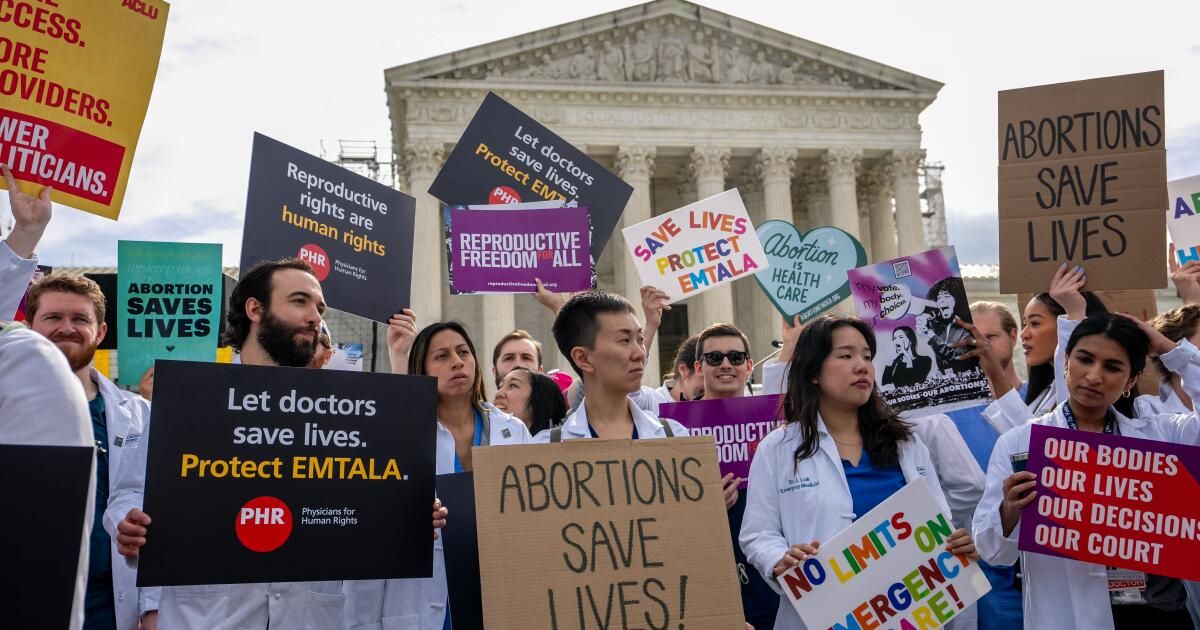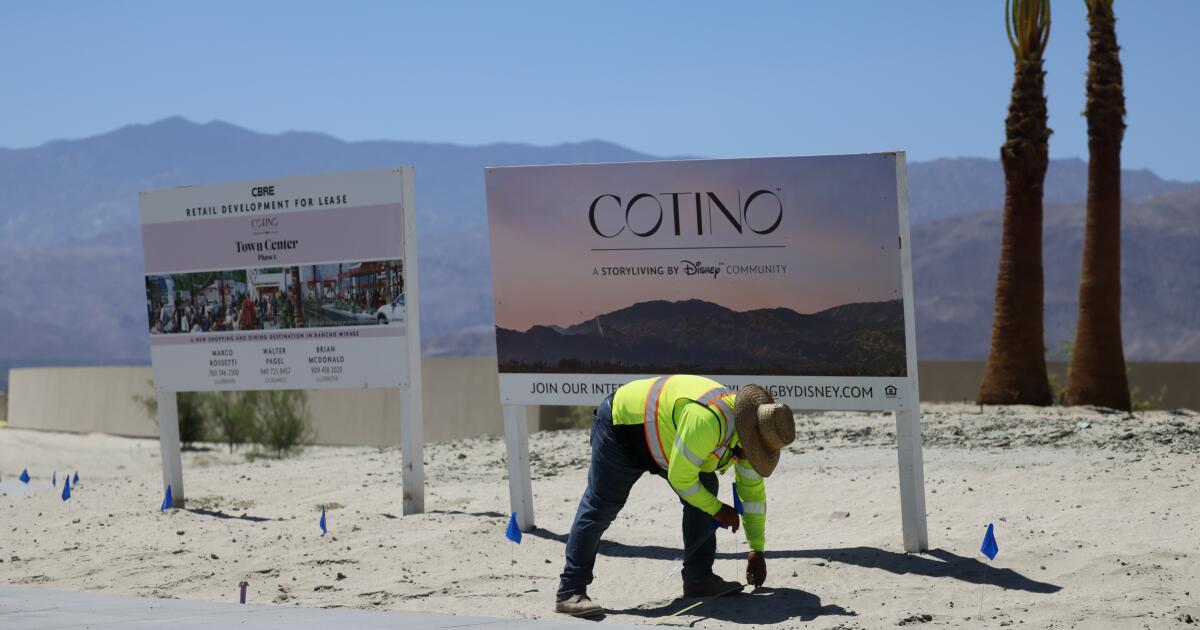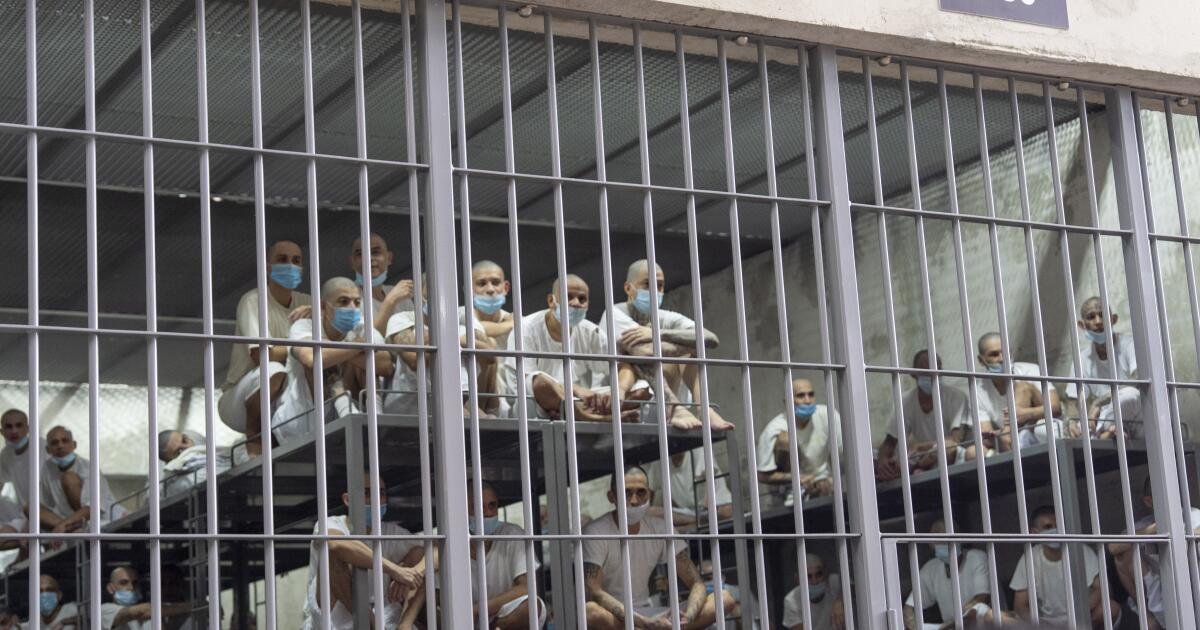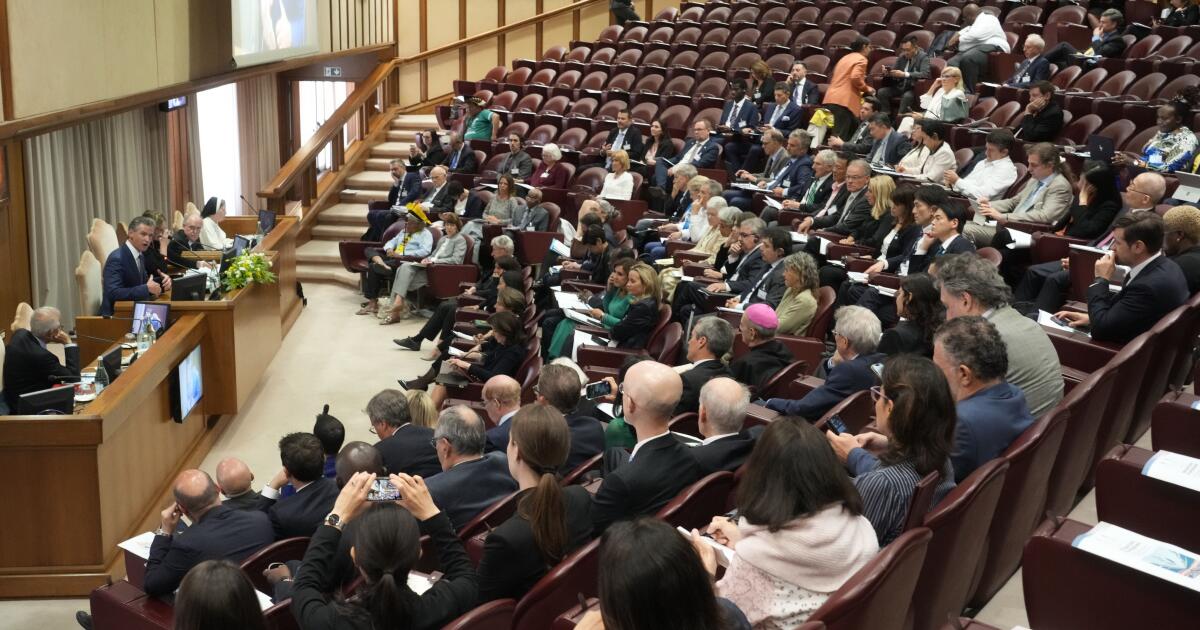For now, a pregnant woman in Idaho no longer has to be on the verge of death to be eligible for a medically necessary emergency abortion. On Thursday, the Supreme Court reimplemented a lower court injunction blocking a draconian part of Idaho's abortion ban that only allows emergency abortions to prevent the death of a pregnant person.
While it is a relief that the Supreme Court is blocking the worst part of this law, it is egregious that such restrictions continue to exist. Ideally, the court would have ruled that Idaho's law's extreme restrictions on emergency abortions violate the federal Emergency Medical Treatment and Labor Act, known as EMTALA.
Under federal law, emergency rooms that receive Medicare funding must treat and stabilize a person with a serious medical condition. For example, a pregnant person with a serious medical condition that threatens her future fertility or organ function may not be near death, but she has a serious condition that could require an emergency abortion.
The Biden administration successfully argued in federal court that Idaho's law violated EMTALA, and a federal judge issued an injunction blocking the law's emergency conditions. After an appeals court upheld the court order, the Supreme Court granted Idaho's request to hear the case and blocked the court order, allowing harsh restrictions on emergency abortions to go into effect.
But in an order issued Thursday, the court said it should not have granted review of what are two joined cases – Moyle v. US and Idaho vs. US – and returned them to the federal courts, putting the court order back into effect.
This is infuriating. This was a golden opportunity not only to prevent sick pregnant women from having to be flown to another state to get an abortion or risk dying before getting one in Idaho. The justices had the opportunity to protect women in all states with harsh abortion bans that don't make it clear whether doctors can perform the procedure in an emergency.
“This Court had the opportunity to bring clarity and certainty to this tragic situation, and we have squandered it,” Judge Ketanji Brown Jackson wrote in a forceful opinion. “And as long as we refuse to declare what the law requires, pregnant patients in Idaho, Texas and elsewhere will pay the price.”
Abortion rights advocates were relieved but equally frustrated by the lack of a decision.
There is no doubt that this issue will come before the justices again. In fact, the US government has already asked the court to hear a case in which an appeals court ruled that the US cannot enforce EMTALA in Texas with respect to emergency abortions.
The order was unsigned but was accompanied by a series of signed opinions, so any reader can see what all the justices thought about the issues involved in the two cases. For example, Justice Amy Coney Barrett wrote that the Supreme Court should not have reviewed the case and should return to the lower court, with the injunction against the harsh emergency restrictions in place. “Idaho represents that its exception is broader than the United States fears, and the United States represents that EMTALA’s requirement is narrower than Idaho fears,” she wrote. Samuel A. Alito, Jr. wrote that they should have taken the case and questioned whether Idaho’s law was subject to EMTALA’s rules.
If they had decided to issue an opinion, they may have ruled in favor of Idaho. So maybe it's worth being a little glad that they didn't rule this time.
Pregnant women in Idaho may not have to worry about having to be on the brink of death to obtain an emergency abortion, but women in other states, like Texas, are not so lucky. Someday, the Supreme Court will have to step in and hopefully make a decision that protects them.












